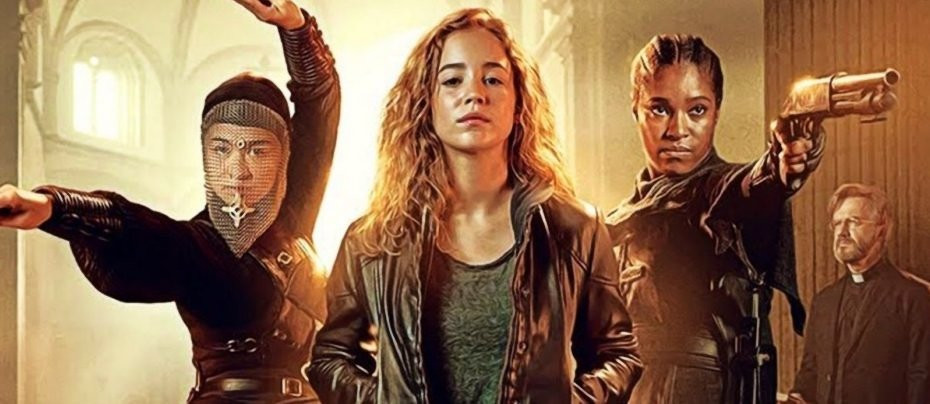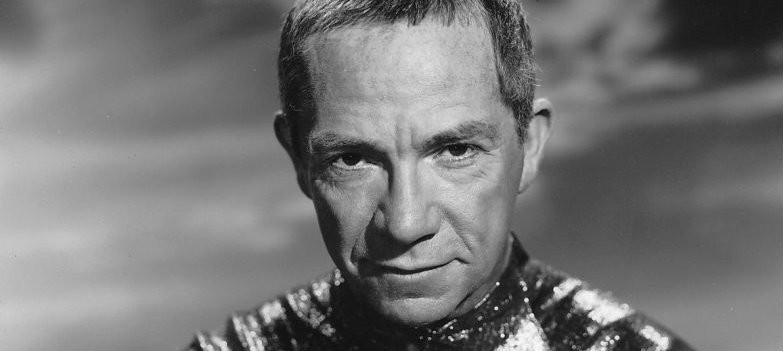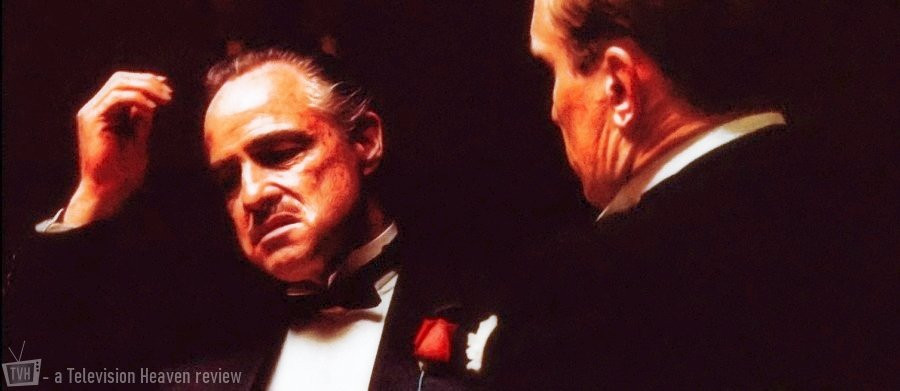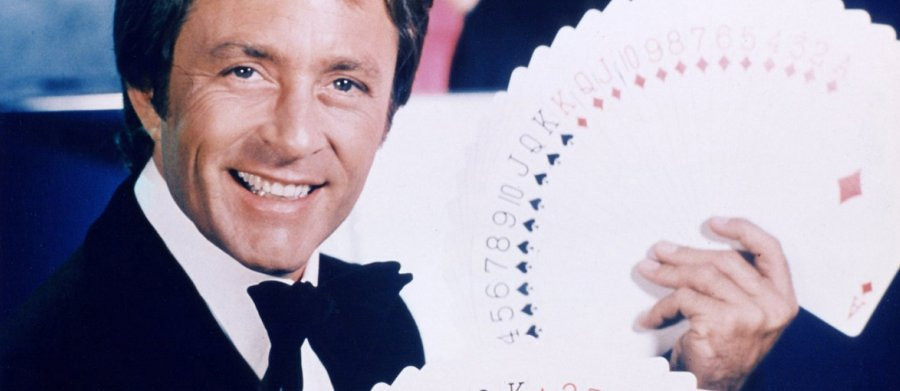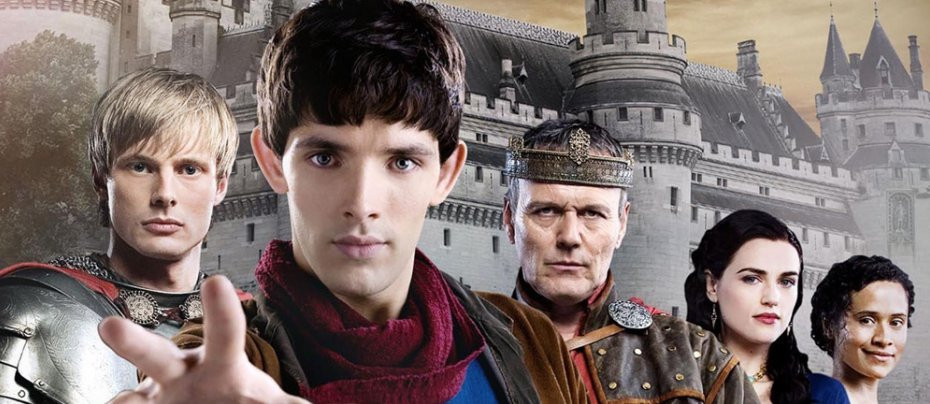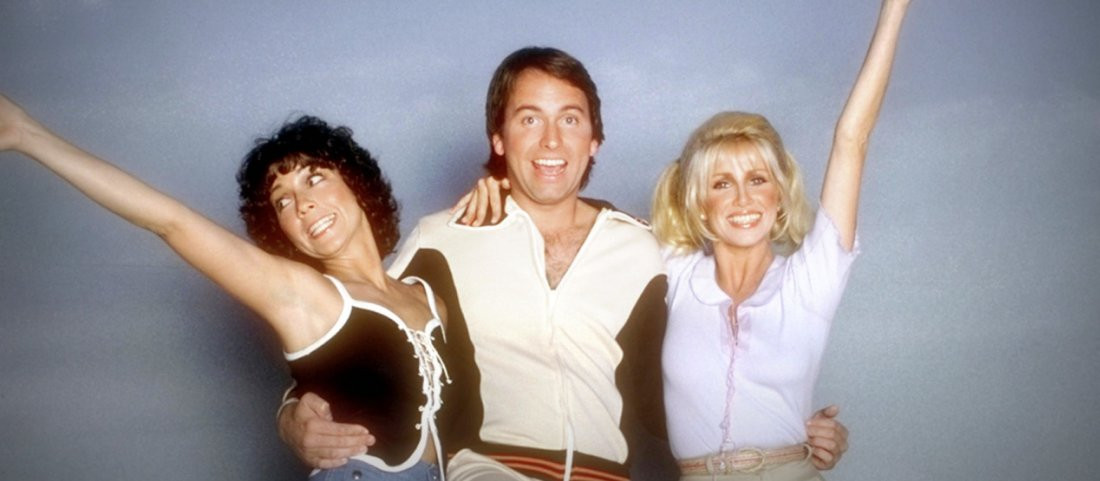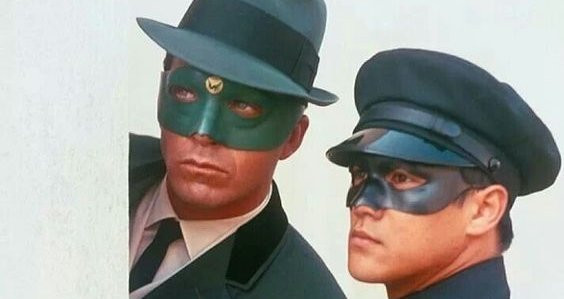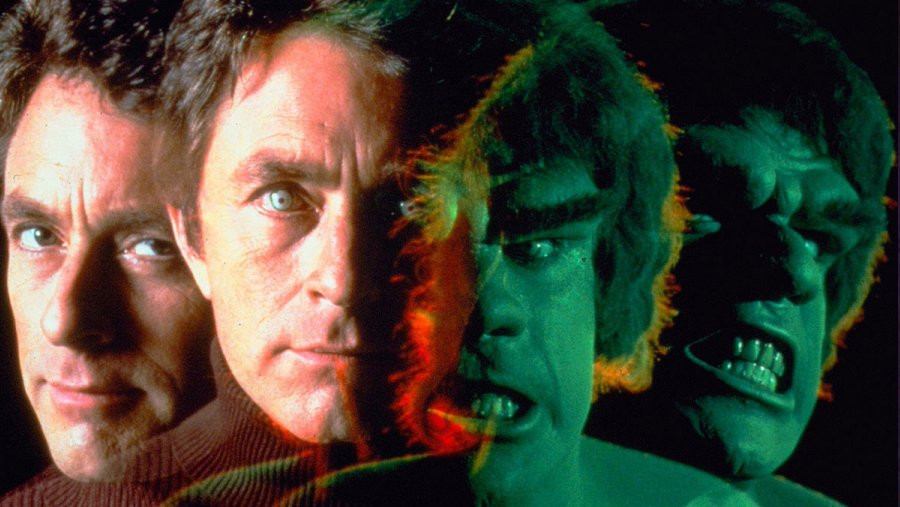
The Incredible Hulk
1977 - United StatesBeginning life as a comic book character, 'The Hulk' first appeared in his own Marvel Comics magazine in May 1962, but after just six issues the magazine was cancelled and the anti-hero was reduced to the role of occasional guest in stories featuring 'The Avengers' and 'The Amazing Spider-Man.' He returned as a 'second feature' character in the comic book series 'Tales To Astonish' in 1964 but it wasn't until 1968 when the comic was renamed, that the Hulk took centre stage once again.
After physicist Dr. (Robert) Bruce Banner is caught in the blast of a gamma bomb of his own creation, the radioactive fallout poisons his cells and unleashes a raging force within him as well as transforming his body to that of an apparent Frankenstein-like monster with incredible strength. It is not a permanent metamorphosis however, and at each sundown he reverts to plain old Dr Banner (this was later changed and Banner would remain in his normal form until someone enraged him). Pursued by the police and armed forces, Banner is forced into a life on the run, never being able to build emotional relationships with anyone for fear of his inner-monster emerging.
In early 1977, Frank Price, head of Universal Television, offered writer and producer Kenneth Johnson the opportunity to develop a TV show based on any of several characters they had licensed from Marvel Comics. After initially turning down the offer Johnson reconsidered and began working the Hulk into a pilot story. In his pilot Johnson made a number of changes to the story as originally written by creator Stan Lee and co-plotter (and comic book artist) Jack Kirby.
Firstly, the doctor became David (Bruce) Banner because, according to Stan Lee, Universal felt the name Bruce Banner sounds like a "gay character" name. He also dropped the main supporting characters from the comic series and Banner was depicted as a medical doctor whose life changing accident comes about by way of a laboratory incident. Any science fiction elements were dropped (apart from the Hulk himself) and most stories were centred on 'human interest' and Banner's attempt to control the raging monster inside him. For the role of Dr. David Banner, the producers considered a number of actors including Larry Hagman before turning to former My Favourite Martian and The Magician star, Bill Bixby. But Bixby initially turned down the part before changing his mind at a later date.
It was always intended for the Hulk character to be cast to a different actor who would be physically larger than Bixby, and to this end future Hollywood superstar Arnold Schwarzenegger auditioned - but was not hired. Eventually, 7 foot 1.5 inch actor Richard Kiel was given the role and production commenced on the pilot. However, during filming, Kenneth Johnson's son pointed out that Kiel, although physically very big, was not very muscular and in fact carried a little excess body weight and therefore did not depict the build of the comic book Hulk very convincingly. The Hulk had to be believable, strong, and scary. Kiel was dropped and former Mr. America, Lou Ferrigno, was bought in to replace him.

Another important cast member was actor Jack Colvin, an investigative reporter named Jack McGee, whose nosey interference was the cause of Banner's lab accident. McGee sees the Hulk fleeing from the lab after the explosion that kills Banner's research partner and, ignorant of his own involvement, blames the creature for the disaster. He then pursues the Hulk throughout the series and Banner has to constantly take steps to hide his true identity.
The series became a huge international hit and was screened in over seventy countries. In the USA it did well in the ratings for four seasons and looked set to run a fifth when CBS decided to cancel it. The seven new episodes that had been filmed when the axe fell on the series were simply added onto series four when it was shown in reruns. Bixby himself wanted season five to be the last but wanted to conclude the series properly. Kenneth Johnson and producer Nicholas Corea also wanted to film a two-hour finale, but they could not get CBS to agree and so The Incredible Hulk finished without viewers finding out if David Banner ever found a cure.
Seen this show? How do you rate it?
Seen this show? How do you rate it?
Published on December 22nd, 2018. Written by Laurence Marcus for Television Heaven.


